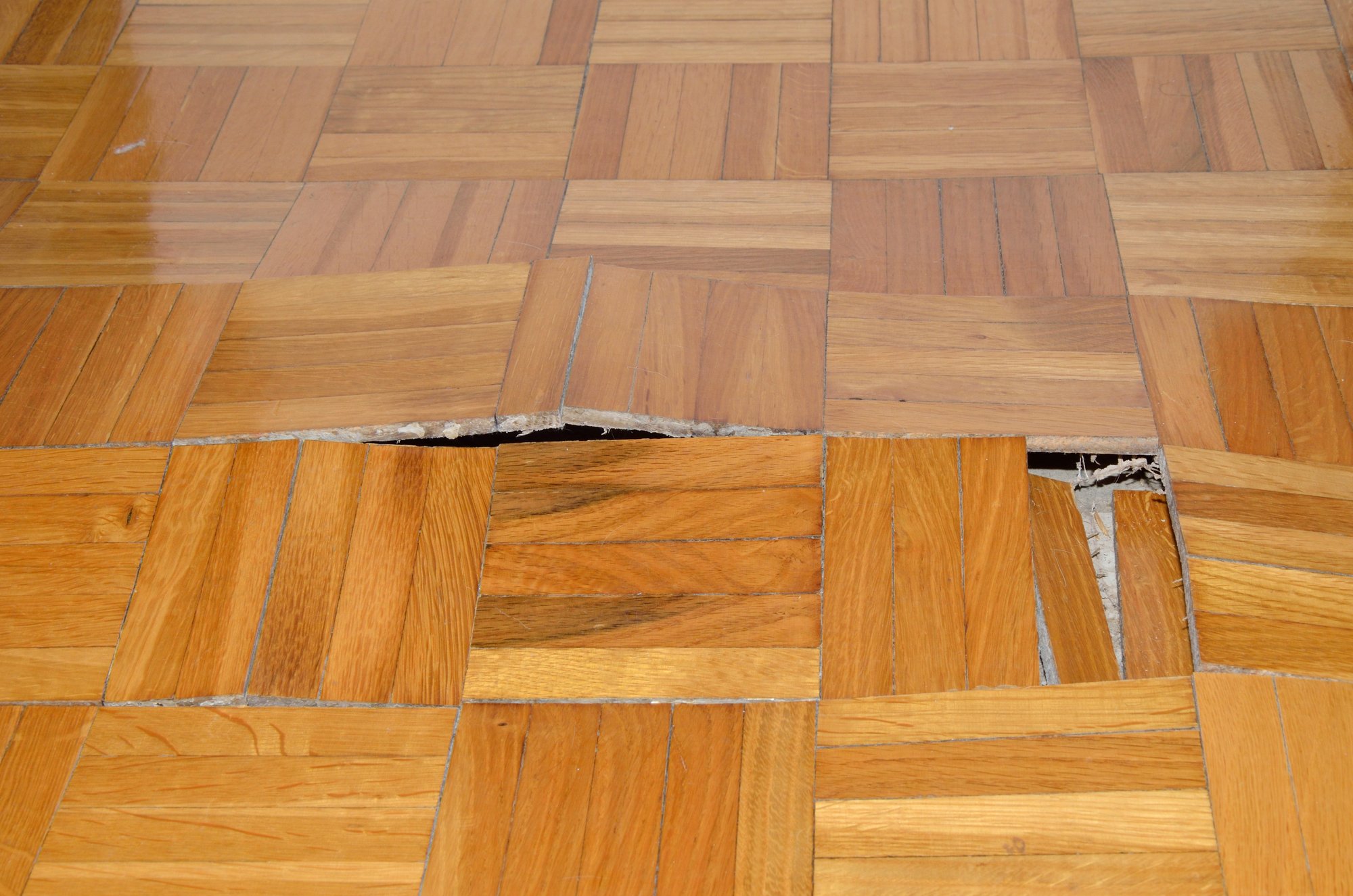Without the best Plano property management screening your future renters, there is always a chance that some of your residents will end up damaging your rental property. Even excellent renters may cause accidental damages when their bedframe hits a wall on move-out day.
When faced with such a situation like this, it is important to know the options available to you as a Plano property owner. You should also know the law, understand your rights, and be aware of your renters' obligations. If you own rental properties in Plano, here are some steps you can take as a property owner.
Please note: This article is not legal counsel! When you need real-time assistance, reach out to RentHub Property Management or a skilled attorney.

Assess Responsibility
The first step you should take is to identify the situation and assess responsibility. There are cases where damage is accidental or a result of normal wear and tear.
Some of your residents will accept responsibility and be ready to cover the cost of repairs, while others will deny it is their fault and refuse to pay for damages. You will want to establish whether the damage could have been avoided to determine the next course of action.
It's also worth evaluating whether or not the damage was there when your resident moved in. If you haven't been making thorough move-in reports, now is the time to tighten up that practice moving forward.
Document the Damage
Documenting the current state of your property will provide evidence in the event the case proceeds in a direction that requires drastic action.
- Take clear and detailed photos of the areas your renter has damaged.
- Document your attempts to inform the resident of their responsibility.
- Keep records of quotes from contractors on the cost of repairs.
To build a strong case, include detailed photos from your move-in inspection and a copy of the lease agreement.

Work With Your Renter
You should consider negotiating a deal with your resident, particularly if they have a history of good behavior and the damage seems to have been accidental.
An excellent renter may be ready to accept responsibility for the damage, a factor that will help to resolve the issue quickly and easily. However, it may legally be necessary to serve a notice to repair damages when you encounter a resident that is stubborn or unreasonable. Once you have reached an agreement, you should make sure that the agreed-upon plan is also documented.
Deduct From the Security Deposit
As a common practice, you should always obtain a security deposit before your resident moves into your Plano property. This deposit is designed to be used towards damages outside of normal wear and tear.
When using the security deposit to offset repair costs, it is important to ensure you follow rental law that applies at the local (city, county, and state) and federal level. In cases where the cost of the damages is more than what the deposit covers, you may need to take legal action to recover the rest.
The Option of Eviction
You can file for eviction if your resident is consistently violating the lease or poses a threat to yourself, others, and the property. However, eviction can be a slow and complicated process—and could result in further damage to the property.
You need to be aware that eviction is a legal process, so it must be undertaken according to the law. If you fail to do this, you face the risk of being laughed out of court—or worse. As such, you will want to make sure that this is the best option before you attempt to remove your resident since it still represents a risk.
If you find yourself potentially facing this outcome, sit down and spend some time talking about your situation with a Plano property management expert or your attorney. Handling eviction alone as a property owner is generally more hassle than its worth.
Bringing Your Case to Court
You can go to court to have the matter resolved. However, you should ensure you're prepared for this course of action before you pursue it. Pictures of the property, a police report, quotes from contractors, and communication between the two of you may become necessary depending on the specific dispute.
Again, sit down with your attorney or Plano property manager to determine if this is the direction you need to be heading in as a property owner. More often than not, there's an alternative solution that's more effective and less expensive.
When the Resident Has Left or Is Non-Responsive
There are times when your resident will simply abandon your Plano property or become non-responsive after the property has been damaged.
In this case, you should consider taking further legal action against the individual. However, you can also choose to file an insurance claim so that your policy covers repairs costs. If the placement of such a renter was the result of an inadequate screening process or loophole in your lease, now is the time to sit down with a Plano property management expert to iron out these troublesome creases and tighten up your security.
Prevent Future Issues and Protect Your Assets
It is important to know the steps to take when a renter damages your Plano rental property. However, it would be better to take steps to prevent these issues from the start.
- Before a resident ever moves in, you should take an inventory of your rental as well as photographic evidence of its condition.
- You may also want to get the resident to commit through their lease that they will maintain the property's condition throughout the duration of occupancy.
Screening your future renters and fortifying your lease aren't the only ways to protect your rental properties in Plano! For additional insight into how you should be securing your assets, download your free copy of our resource, Protecting Your Investment Property: A Guide!
Download Guide





